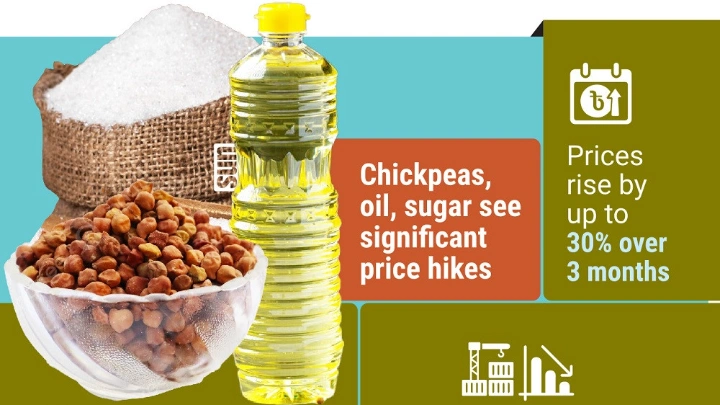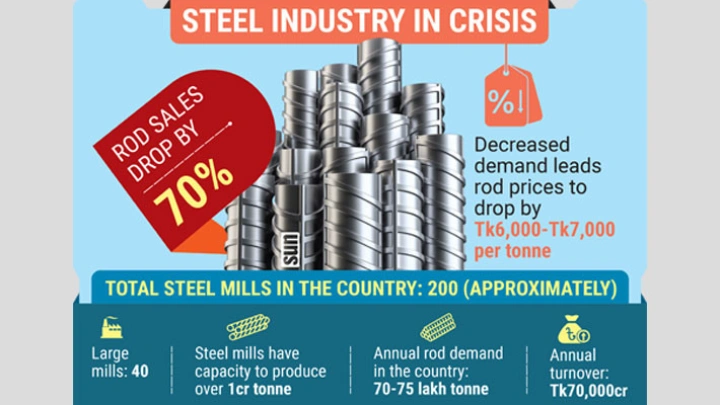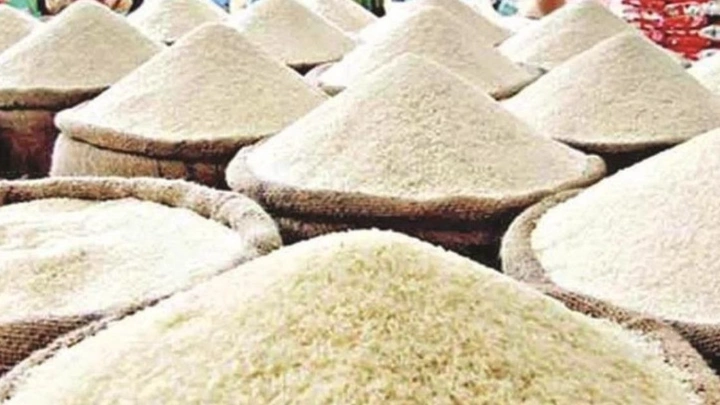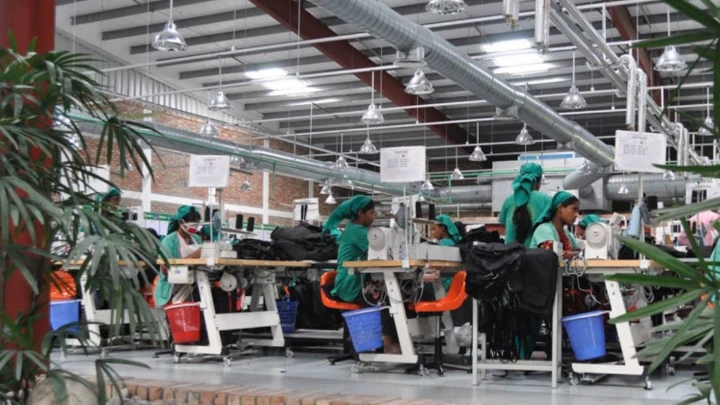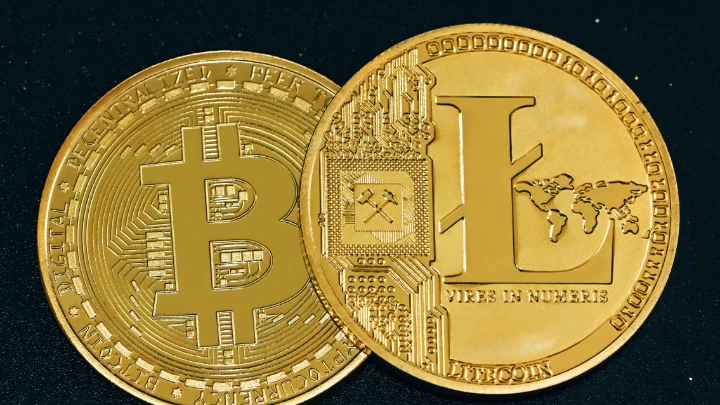Price hikes hit Ramadan essentials as market remains unpredictable
DailySun || Shining BD
With two and a half months remaining until the holy month of Ramadan, there is little good news for consumers, as prices of items that remain on high demand during the period have risen by up to 30% over the past three months.
Despite efforts by the government, including cuts to import duties, taxes, and other costs for various items, there has been no visible impact on the market, according to industry insiders.
As a result, traders are unable to predict the market situation for Ramadan, citing a reduced consumer turnout, reluctance from importers to bring in goods, and the overall financial condition of the general public.
These correspondents visited several wholesale and retail markets in the port city over the past few days to assess the extent of the price hike and the current market conditions.
Essentials such as chickpeas, pulses of various types, edible oil, dates, and sugar are among the most in-demand items during Ramadan.
Chickpeas, in particular, are a must-have on the Iftar table for people in Bangladesh, with an annual demand exceeding 150,000 tonnes. Of this, around 120,000 tonnes are needed during Ramadan alone.
Sources indicate that a total of 181,000 tonnes of chickpeas were imported, mainly from Australia, during the 2023-2024 fiscal year. Imports during the first four months of the current 2024-2025 fiscal year stood at 11,366 tonnes.
With prices up to 30% higher in the retail market compared to three months ago, chickpeas are now being sold at Tk130 per kilogram, up from Tk100. The current wholesale price is between Tk114 and Tk118, compared to Tk90 previously.
Sugar is currently priced at Tk130 per kilogram in retail, a 4% increase from Tk125 three months ago. The wholesale price has decreased slightly, now at Tk110, compared to Tk115 earlier.
In recent days, bottled soybean oil has disappeared from the market, as has been the case across the country, suggesting a price hike is imminent.
In a recent development on Monday, the commerce ministry announced an increase of Tk8 per litre in the price of soybean oil. The new price for bottled soy oil will be Tk175 per litre, while loose oil will be sold at Tk157. Previously, the retail price of bottled oil ranged from Tk165 to Tk168.
Pulses, such as the khesari variety, are now selling at Tk120 per kilogram in retail, a 20% increase from Tk100 three months ago. The current wholesale price ranges between Tk100 and Tk105, up from Tk90.
The prices of dates – Amber, Mariam, and Algerian varieties – have also risen in retail markets by 3.8%, 5.1%, and 8.3%, respectively, over the past three months. The new retail prices are Tk1,350, Tk820, and Tk520, compared to Tk1,300, Tk780, and Tk480 previously.
No impact of duty cuts
The interim government, formed after the ousting of the Awami League government following a mass uprising, has taken several measures to curb the price hike.
These include reducing import duties, taxes, and other charges on rice, eggs, soybean oil, sugar, onions, potatoes, and dates since September.
However, traders and consumers alike claim that the benefits of these efforts have yet to be felt.
Wholesalers in Khatungonj-Chaktai, one of the largest wholesale markets in the country, said that Ramadan goods are typically imported three to four months in advance. However, if imports fall short of demand for any reason, prices can surge overnight.
Dipan Mahajan, proprietor of Wofshee Traders in Khatungonj, said, “Bookings and sales of these products are relatively low this year, with only two and a half months to go until Ramadan.”
He blamed the reluctance of importers to open letters of credit (L/C), the ongoing dollar crisis and its high price, banking issues, and increased business expenses for the price hike.
Arifur Rahman, manager at Khawaja Trading, also noted that there has been no impact from the tax and duty reductions. He explained that many importers are hesitant to bring in goods due to the uncertain market conditions leading up to Ramadan.
He added that rising international prices for some items, along with increased transportation costs, have prevented prices from falling in the local market.
Bachchu Das, proprietor of Shapla Store, which has been in business for over 110 years in Khatungonj, noted that the financial situation of the general public is dire, with many people losing their purchasing power.
“The number of customers in busy markets like Khatungonj has dropped significantly,” he said.
He suggested that the government would need to provide subsidies to help people cope with the situation.
Shining BD

